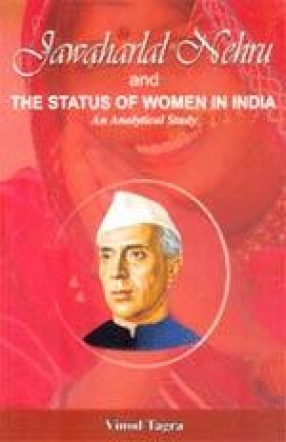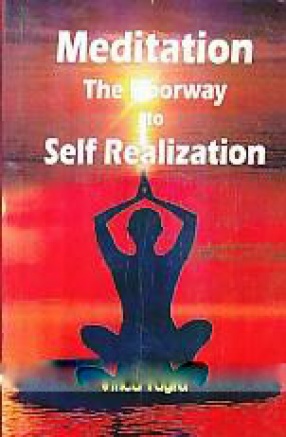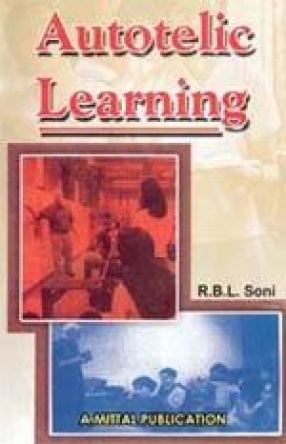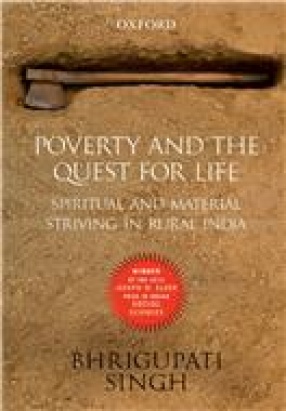Jawaharlal Nehru, the greatest emancipator of women in India, played a significant role for the amelioration of their socio-economic condition and made every effort to raise their status socially, economically, politically and educationally to make them at par with men. To him “a country is judged by the standard of its women-folk…†Hence, he forced them out of their seclusion and turned “the dolls and playthings†into valiant soldiers to fight the battle for freedom. All strode down to the sea like proud warriors and turned this struggle into a beautiful epic. He introduced the concept of “equal obligations†along with equal rights†in the Karachi Congress while his Election Manifesto vouchsafed to remove their “sex disabilities†and the Sub-Committee on Women’s Role… aimed “for them “equal status, equal opportunities and equal responsibilities.†Later, women were enthused with the “local programmes of self-defence and self-sufficiency…†and they stood shoulder to shoulder with men and directed the national movement and suffered appalling brutality. With the dawn of Independence, “the downtrodden sections of society… trampled upon for centuries…†became Jawaharlal Nehru’s “special responsibility.†India adopted adult suffrage. “Today…we have women in our Central Cabinet… in almost all fields of work, our women take an active part.†The involvement of women in Community Projects aimed at revolutionizing their economic status while “the greatest and perhaps the most revolutionary change†was “Through the enlargement of†their education, and the Hindu Code Bill, Nehru’s greatest achievement, was an important landmark in India which heralded the onset of a social revolution in society.
Jawaharlal Nehru and The Status of Women in India: An Analytical Study
In stock
Free & Quick Delivery Worldwide
reviews
Bibliographic information
Title
Jawaharlal Nehru and The Status of Women in India: An Analytical Study
Author
Edition
1st ed.
Publisher
ISBN
8175101881
Length
xviii+440p., Plates; Figures; Appendices; Bibliography; Index; 23cm.
Subjects






There are no reviews yet.